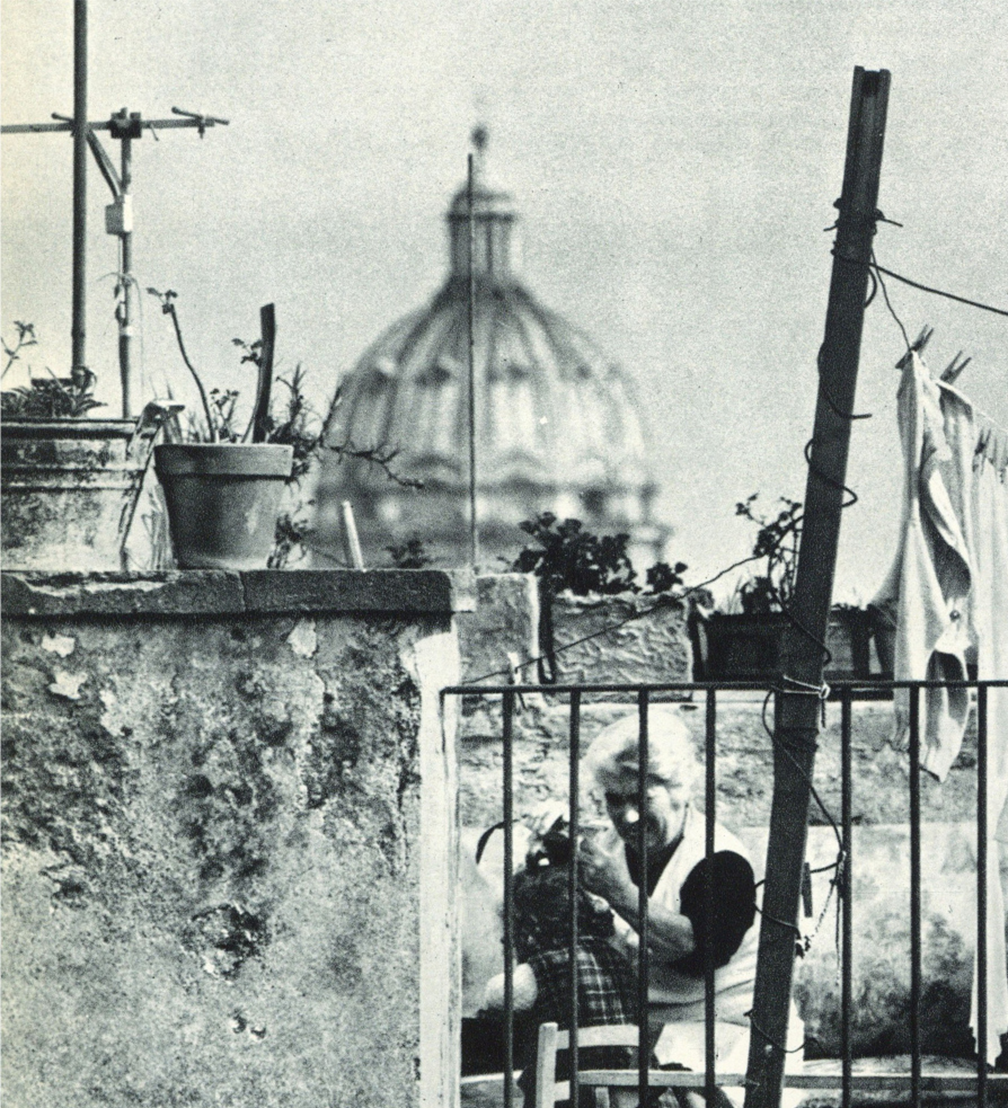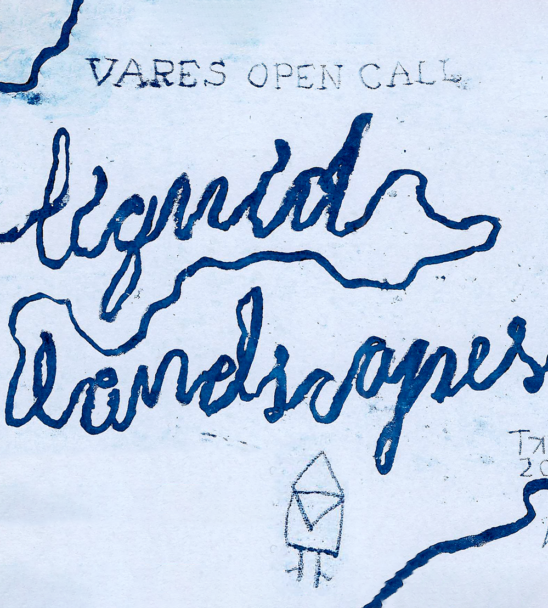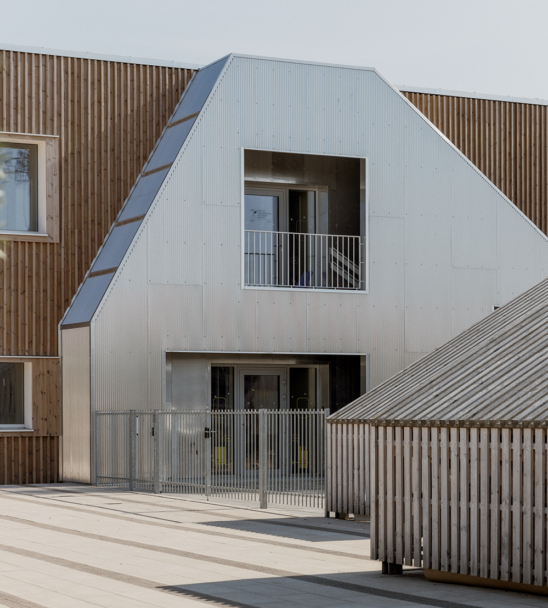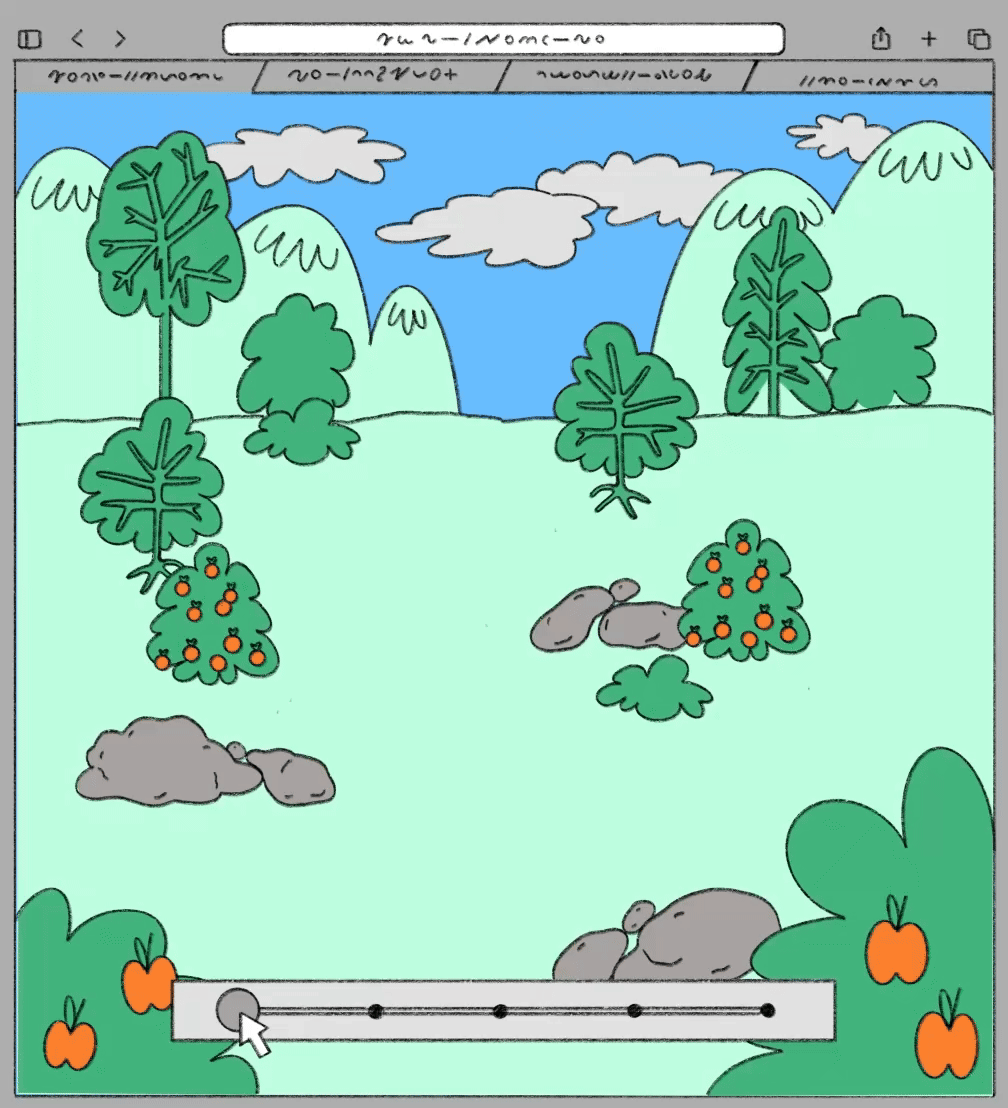
The Faculty of Architecture and Design of RISEBA University of Applied Sciences announces the 2nd International Architecture and Design Conference Rixarch 2024. The conference will take place in Riga on April 12–13, 2024, and will focus on the theme Blind Spot, inviting participants to explore the optical and metaphorical dimensions of this concept while also focusing on the outstanding Latvian architect and educator Astra Zariņa (1929–2008). RISEBA invites creative professionals to apply for participation in the conference and to submit short abstracts of their research.
A blind spot, or punctum caecum, is the point of entry of the optic nerve on the retina insensitive to light. Most of the time we don’t notice our blind spot because each eye supplies information to the brain, filling in what’s missing; or, sometimes the brain filling in the missing information with what it thinks should be there. It is also a certain psychological tendency to fail to see the impact of biases on one’s judgment and think of their perceptions and judgments as accurate. Recent architectural thinking has a tendency to acknowledge blind spots and biases. In transitioning to a more green, digital, and socially inclusive architecture, designers are well aware of their role as difference-makers beyond technical achievements, iconic forms, and functional fulfillment. With the themen Blind Spots of the Rixarch 2024, RISEBA invites architects and designers to think outside the box and embrace unrestricted creativity.
The conference will bring together a number of distinguished and internationally renowned speakers who will share their extensive experience in architecture and urban planning. Steven Holl, founder of the acclaimed Steven Holl Architects, is well known for his holistic approach to architecture, harmoniously combining aesthetics and functionality. Ole Wiig, one of the founders and creative directors of NSW Architects, will present an innovative design approach to architecture. Nancy Josephson, President of the Civita Institute of Architecture and Urban Planning (NIAUSI), will offer an insight into a unique planning approach oriented towards the interaction between architecture and urban planning. Finally, Jana Jākobsone, Chief Architect of Kuldīga, will share her experience. The city was included on the UNESCO World Heritage List this year, and Kuldīga’s outstanding traditional urban heritage illustrates architectural influences and traditions of craft from the 16th to the 19th centuries.
The conference will also focus on the outstanding Latvian architect and educator Astra Zariņa, whose contribution has not been given enough recognition. Born in 1929 in Riga, Zariņa began her studies at the University of Washington in 1947, where she studied under architects such as Lionel Price, Wendell Lovett, and Victor Steinbruck. She later earned a master’s degree from the Massachusetts Institute of Technology (MIT) and, in 1960, became the first woman to receive a fellowship from the American Academy of Architecture in Rome. In her work, Zariņa advocated the preservation of urban fabric and public spaces. She contributed significantly to the restoration of the Italian town of Civita di Banioreggio and wrote a book on the roofs of Rome as a unique urban landscape. Rixarch 2024 will be launched by the exhibition Rome. Teacher: Astra Zariņa, which will be on display at the National Library of Latvia from March 14 to April 13. The exhibition will open with a public lecture by the American architect Stephen Hall, whose path in architecture began with his studies at the University of Washington in Seattle and then, under Astra Zariņa, in Rome, marking a deep commitment to creating buildings that not only attract the eye but also enrich the soul. The exhibition is organised by the foundation Arhiteksti in collaboration with the RISEBA Faculty of Architecture and Design and T’Space Gallery in New York.
The Rixarch 2024 conference will take place on April 12–13, 2024, at the RISEBA Architecture and Media Centre H2O 6 in Riga, Aisteres iela 2. The aim of the conference is to bring together prominent architects and emerging researchers from the local and international architecture communities, creating a platform for productive discussions on contemporary architectural topics. RISEBA invites architects, designers, creative professionals, scholars, and enthusiasts from all over the world to apply for the conference and to submit research briefs. All submissions will be subject to double-blind peer review; accepted papers will be published in a conference abstract book, which will be made available to authors on the day of the conference. In addition, RISEBA invites authors to submit full papers for publication in the 2024 special issue of the university’s scientific journal, ADAMarts. For more information about Rixarch 2024 and guidelines for the submission of abstracts, visit the Rixarch website.




Viedokļi